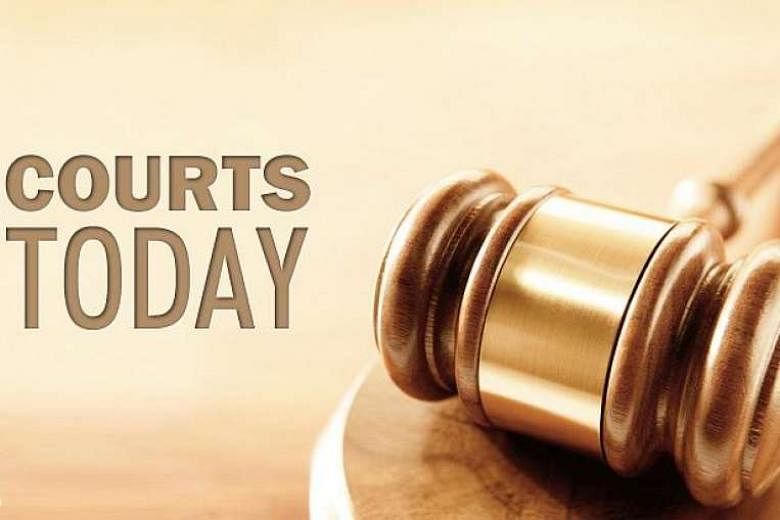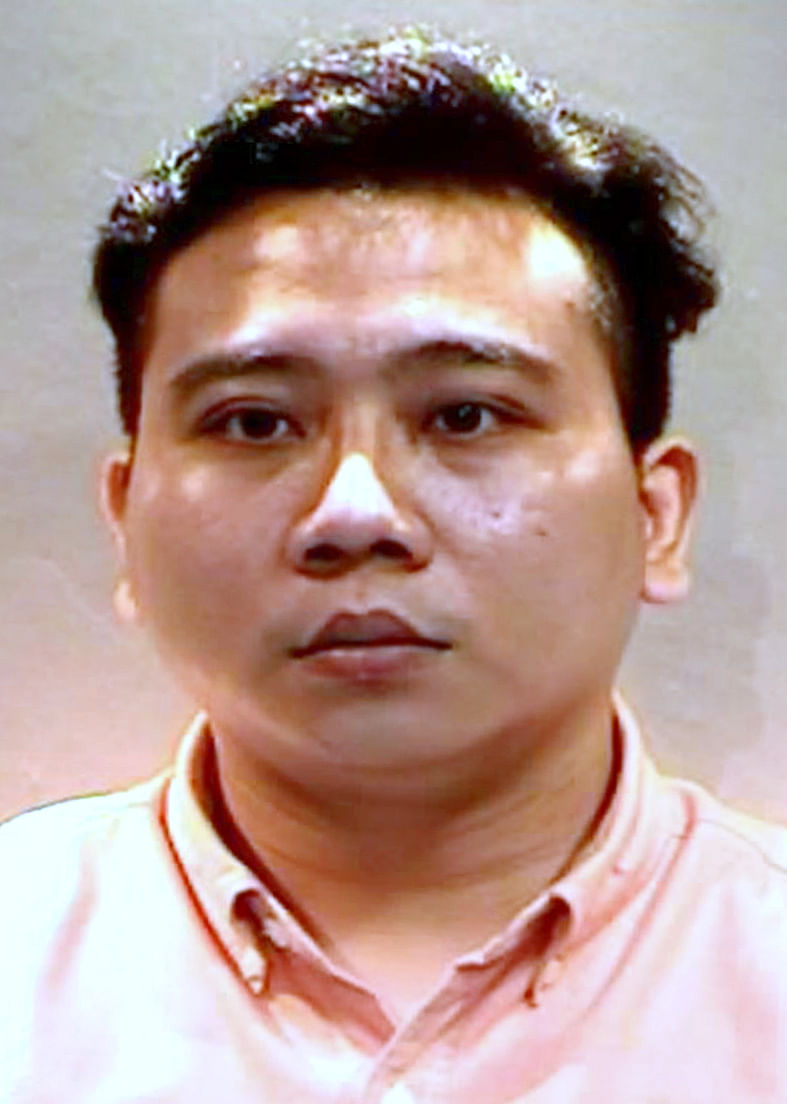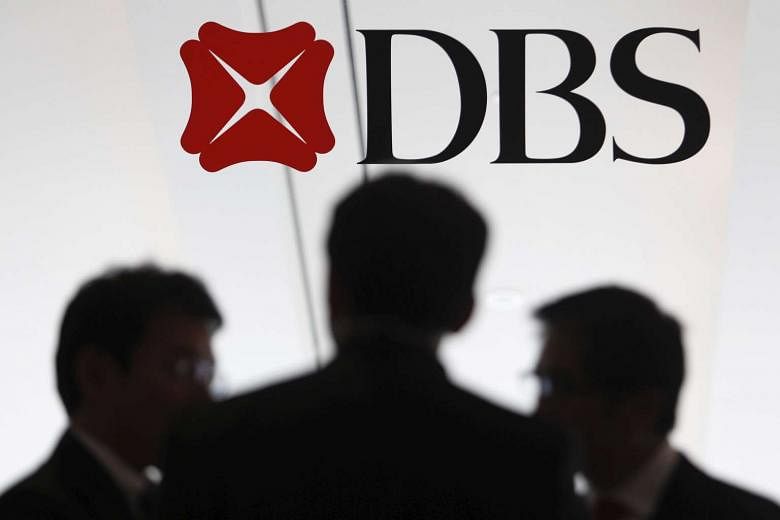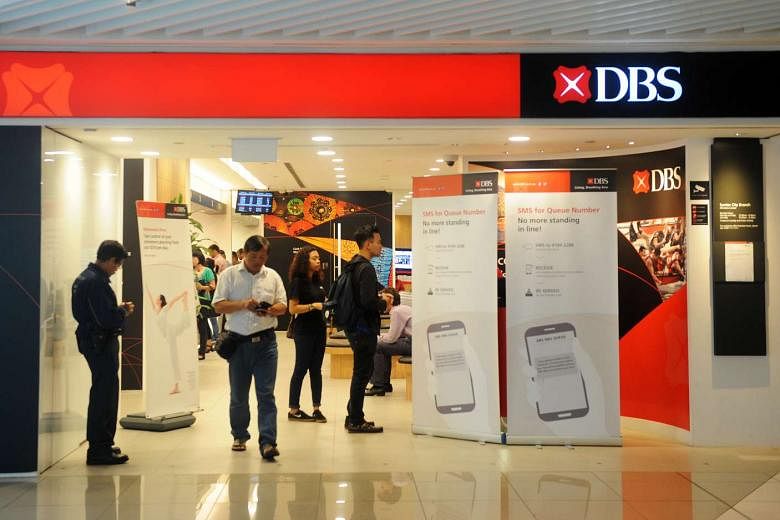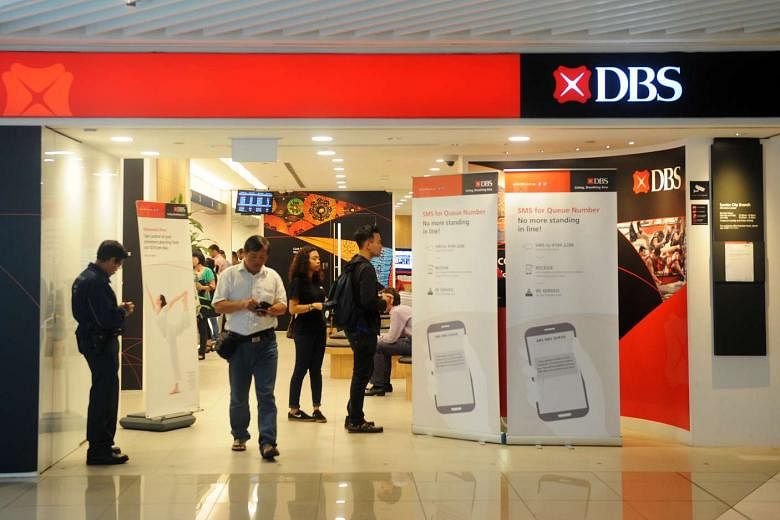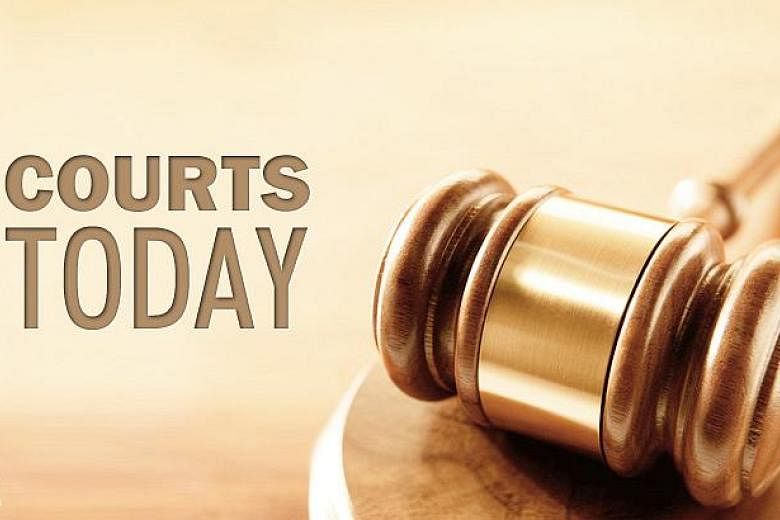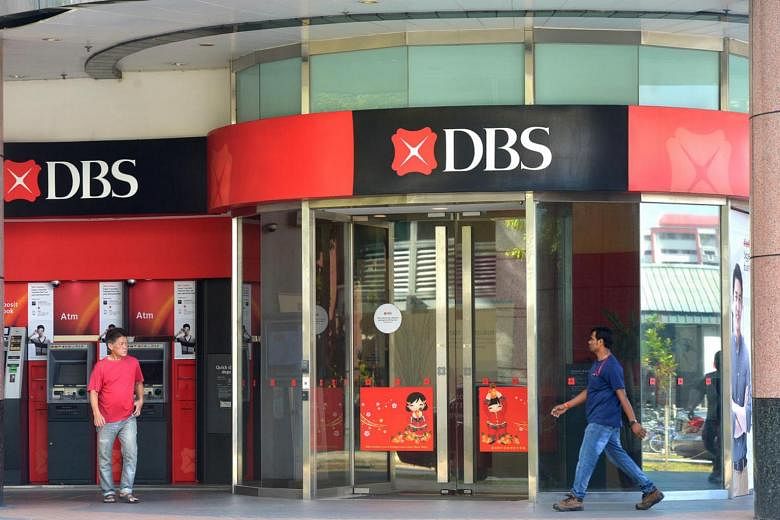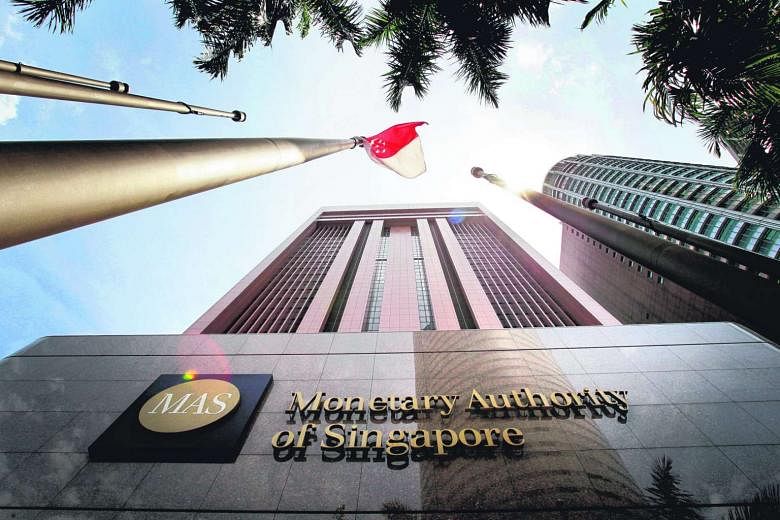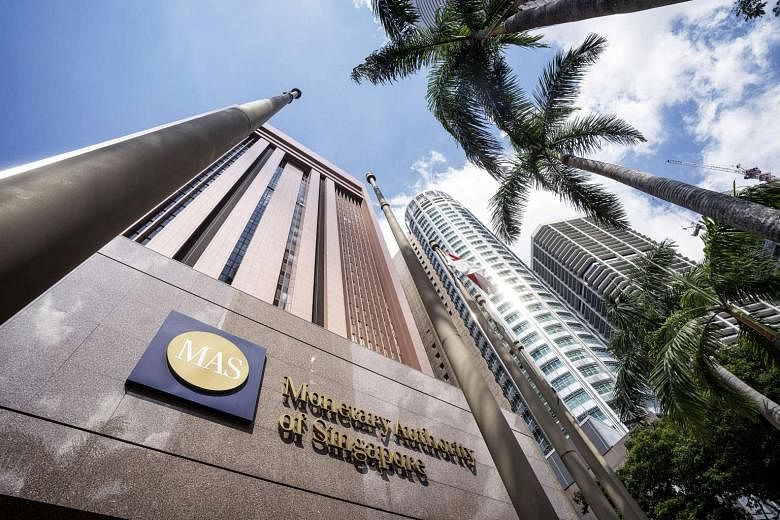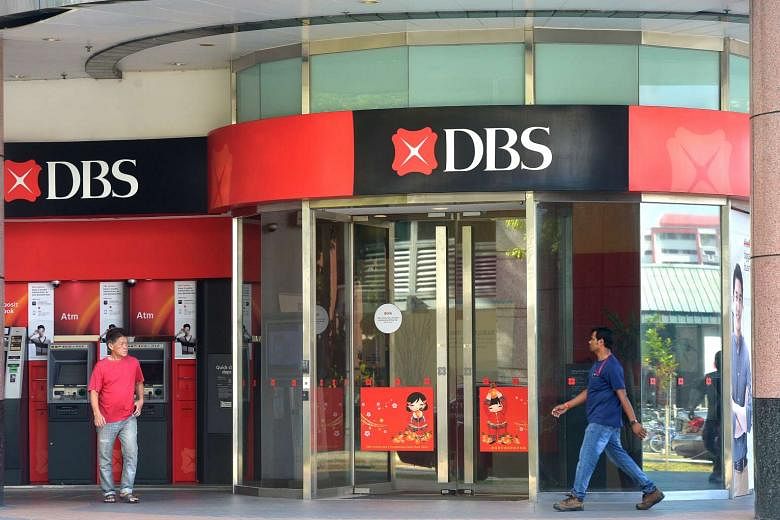- Joined
- Jul 25, 2008
- Messages
- 14,397
- Points
- 113
DBS' CEO Piyush Gupta is unsackable even with so many mishaps.
Why? Because he makes so much money for Temasek.
Singapore Airlines' ang moh VP of Public Affairs Rick Clements was heard live on CNN 31st Oct 2000, the night of the Taipei Boeing 747 crash which claimed 81 lives, telling the world, "There are no fatalities". Speaking on the meltdown of DBS' banking systems which triggered an island-wide breakdown of over 1,000 DBS and POSB automated teller machines (ATMs), chief executive Piyush Gupta said, "Actually we have very good safeguards. We have multiple redundancies built into our systems". Either these Foreign Talents are lying through their teeth, or they are clueless about the organisation that hired them. David Gledhill, DBS' head of Group Technology and Operations, even boasted, "...this is the first time a problem of this nature has occurred." Once again, white man speak with forked tongue. Straits Times has listed the ocurrences of "a problem of this nature" in today's paper:
September 2000: All branch computers and 900 DBS/POSB ATMs and Nets services went on the blink for 1 1/2 hours;
February 2001: All DBS ATMs, Nets services and Internet banking were knocked out at lunchtime for 45 minutes;
September 2009: Computers at DBS branches went bonkers, preventing customers from withdrawing more than $2,000 or updating passbook;
October 2009: DBS Internet banking services were kaput for 3 whole hours.
The IT failures disrupted and inconvenienced businesses and the public. It could have been worse. Under the watch of Randolph Sullivan, Chief Executive Officer of DBS Bank (Hong Kong), 83 customer safe deposit boxes at its Mei Foo branch were removed, sent to a scrapyard and crushed in October 2004, due to "a combination of human error, inadequate project oversight and the lack of formalised procedures for safe deposit box removal".
Why? Because he makes so much money for Temasek.
A History Of DBS Glitches
Singapore Airlines' ang moh VP of Public Affairs Rick Clements was heard live on CNN 31st Oct 2000, the night of the Taipei Boeing 747 crash which claimed 81 lives, telling the world, "There are no fatalities". Speaking on the meltdown of DBS' banking systems which triggered an island-wide breakdown of over 1,000 DBS and POSB automated teller machines (ATMs), chief executive Piyush Gupta said, "Actually we have very good safeguards. We have multiple redundancies built into our systems". Either these Foreign Talents are lying through their teeth, or they are clueless about the organisation that hired them. David Gledhill, DBS' head of Group Technology and Operations, even boasted, "...this is the first time a problem of this nature has occurred." Once again, white man speak with forked tongue. Straits Times has listed the ocurrences of "a problem of this nature" in today's paper:
September 2000: All branch computers and 900 DBS/POSB ATMs and Nets services went on the blink for 1 1/2 hours;
February 2001: All DBS ATMs, Nets services and Internet banking were knocked out at lunchtime for 45 minutes;
September 2009: Computers at DBS branches went bonkers, preventing customers from withdrawing more than $2,000 or updating passbook;
October 2009: DBS Internet banking services were kaput for 3 whole hours.
The IT failures disrupted and inconvenienced businesses and the public. It could have been worse. Under the watch of Randolph Sullivan, Chief Executive Officer of DBS Bank (Hong Kong), 83 customer safe deposit boxes at its Mei Foo branch were removed, sent to a scrapyard and crushed in October 2004, due to "a combination of human error, inadequate project oversight and the lack of formalised procedures for safe deposit box removal".

